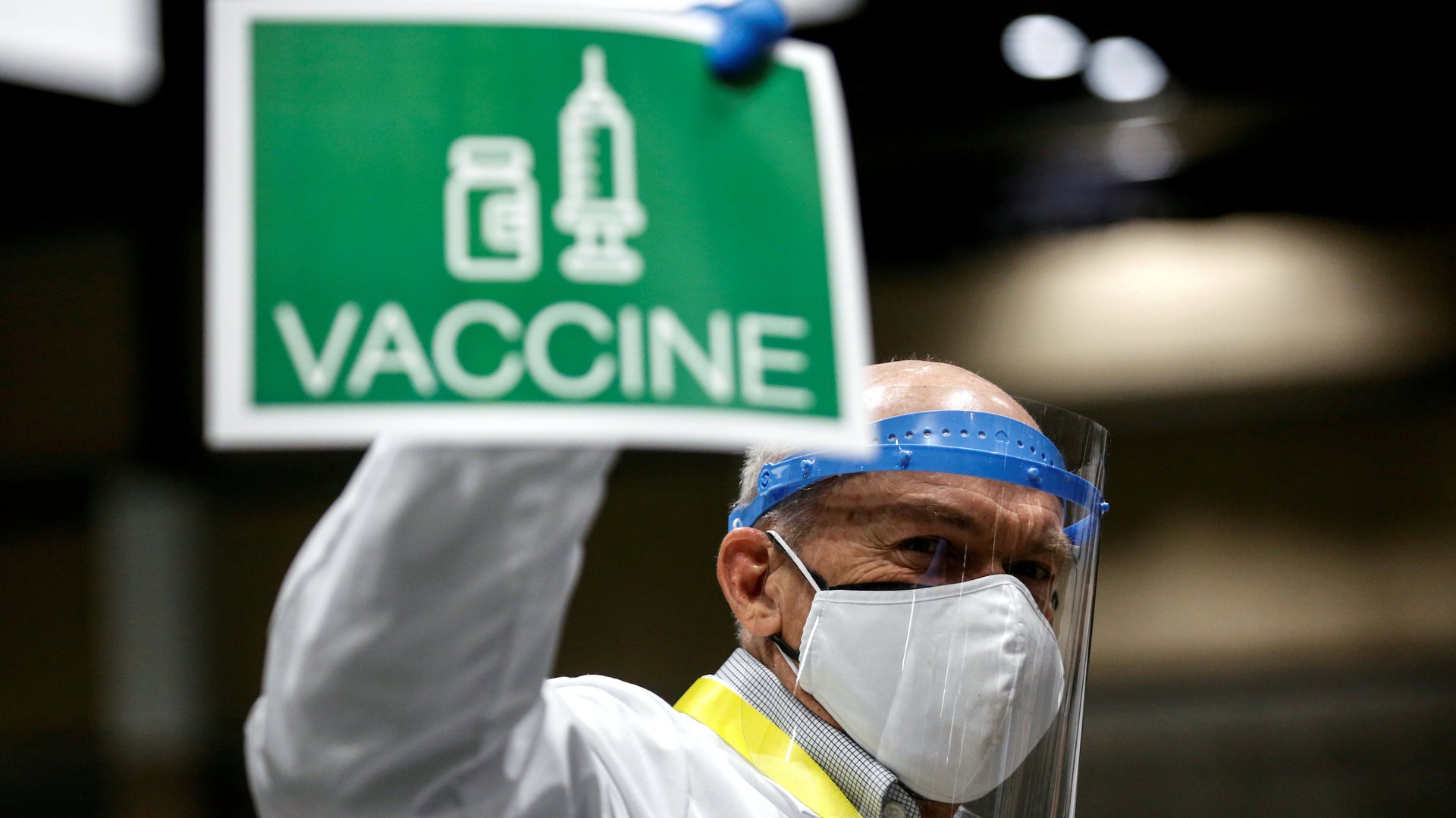Wealthy countries are choosing pharma profits over global immunity
The wealthiest countries in the world have blocked the latest effort by poor nations to speed access to Covid-19 vaccines and treatments by temporarily lifting World Trade Organization rules protecting intellectual property.


The wealthiest countries in the world have blocked the latest effort by poor nations to speed access to Covid-19 vaccines and treatments by temporarily lifting World Trade Organization rules protecting intellectual property.
Sponsored by South Africa and India and backed by 57 nations, the waiver proposal under discussion since last autumn would have suspended, for the duration of the pandemic, portions of the TRIPS (Trade Related Protections for Intellectual Property Rights) Agreement covering medical necessities. This would allow developing economies to begin manufacturing medical goods without waiting for—or adhering to—licensing agreements with pharmaceutical companies that own the underlying intellectual property for medicines and vaccines.
Opposing the proposal last week were the US, the EU, Canada, and UK, whose representatives say they are concerned that freeing intellectual property, even temporarily, could reduce the incentives for corporate research. They also question whether developing nations will be able to begin production soon enough for the waivers to impact the spread of the virus.
The debate inside the WTO has put a spotlight on the unequal global access to vaccines that have proven effective in preventing coronavirus infections and death.
Vaccine nationalism might be understandable for politicians who must answer to voters’ demands for life-saving interventions. But why does prioritizing corporate profits makes sense when the speedy production of many coronavirus products, from test supplies to novel treatments and especially vaccines, has been driven by unprecedented public funding and global collaboration?
International health organizations like Médecins Sans Frontières and Oxfam back the waiver proposal, and compare the coronavirus to other global health crises, like HIV-AIDS or polio, that required setting aside profit motives for the common good.
Other paths to vaccine production
The intellectual property provisions cover not just the specific formulas for medicines and vaccines, but also the proprietary software and techniques often needed to manufacture them.
Critics of the waiver proposal have argued that voluntary licenses offered by the big pharmaceutical companies to local manufacturers can fill the gap. The waiver’s proponents note that these agreements often include restrictions on where the products can be used. In one agreement between South African company Aspen and Johnson & Johnson to manufacture its single-dose vaccine, for example, just 9% of the supply will remain in South Africa.
In the US, the Biden administration has declined to respond directly to questions about the waiver proposal, instead emphasizing its efforts to support Covax, a global effort to manufacture vaccines for developing economies. But advocates for those countries say Covax is not enough on its own to defeat the coronavirus.
“While ramping up supply is completely essential, it is also wrong to say that IP isn’t the issue,” Yuanqiong Hu, a policy adviser with MSF, said in February. “IP is posing existing and emerging barriers to ensuring access to medicines, vaccines, and other medical tools can be available and accessible in an equitable and universal manner.”
The new director of the WTO, the former Nigerian finance minister Ngozi Okonjo-Iweala, whose most recent job was leading Covax, has outlined a “third way” proposal (pdf) seeking a compromise between the rival blocs by speeding up the sharing of information within the existing rules. Some advocates that this is effectively a delaying tactic that benefits rich countries, but other WTO watchers say it could be grounds for a compromise between a totally voluntary response and a complete waiver of IP rules.
The path to full immunity
So far, about 5% of the world’s population has been vaccinated. Around a third of those vaccinated live in the US. And so while the pace of new infections is falling in the US, it is rising around the world.
The problem for public health experts is that even if the virus can be defeated in wealthy nations, its continued persistence in other populations could lead to more dangerous mutations that could set back progress toward immunity or seed new outbreaks. At a time when civil liberties have been sacrificed to public health measures, they say that corporations can contribute their fair share.
“We have seen governments locking down and entire economies sequestering people in their homes,” Mustaqeem De Gama, a South African diplomat who is one of the country’s WTO representatives, said in February. “What is the problem with intellectual property rights? Why are intellectual property rights so special, given the fact that a lot of the innovation that we see being used today came from government funding.”
In the end, rich nations will sacrifice something one way or the other. Katie Gallogly-Swan, a researcher who works with the United Nations Conference on Trade and Development, estimated that the costs of vaccine inequality to the global economy could reach $9 trillion. And we know that the pandemic will not be truly defeated anywhere until it is eradicated everywhere.